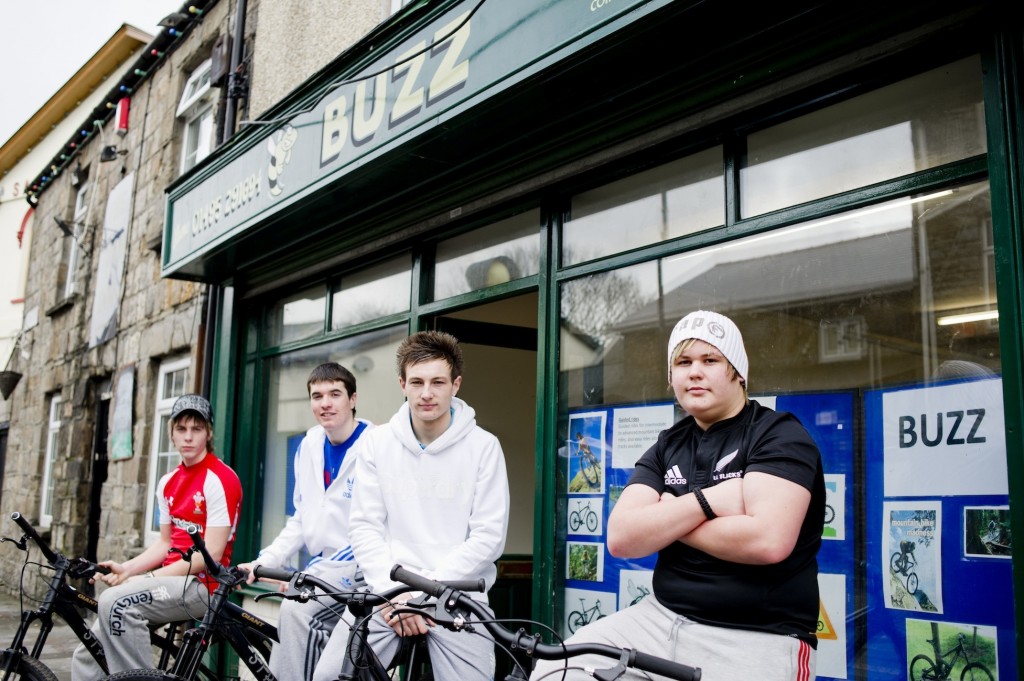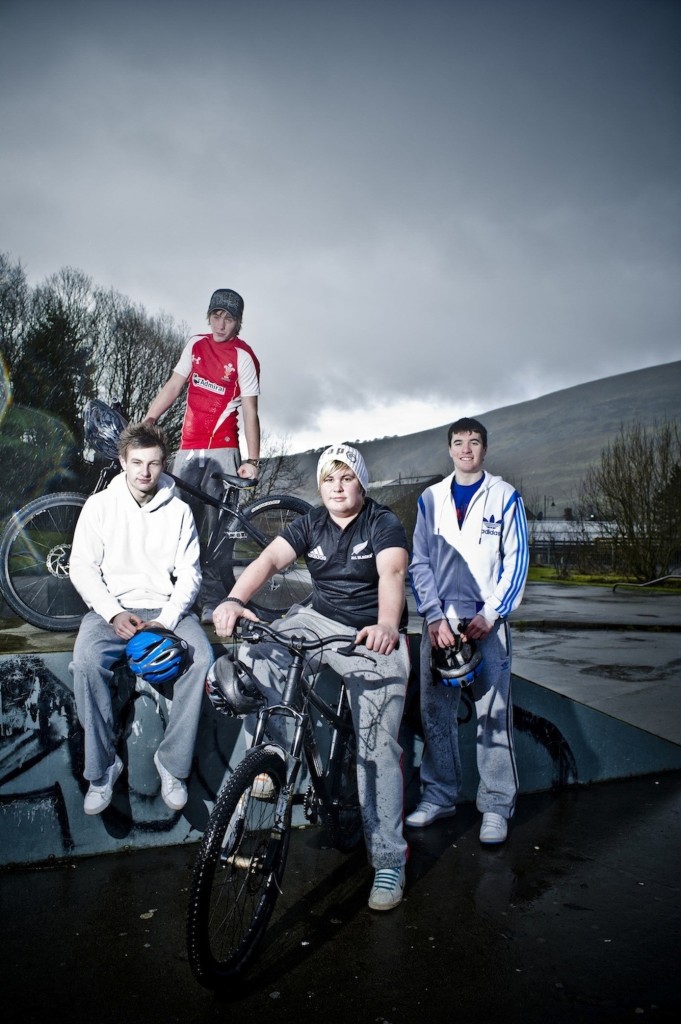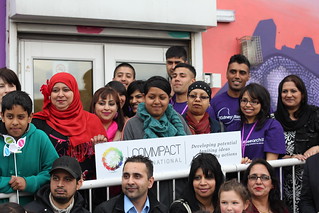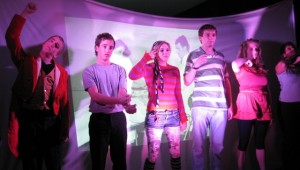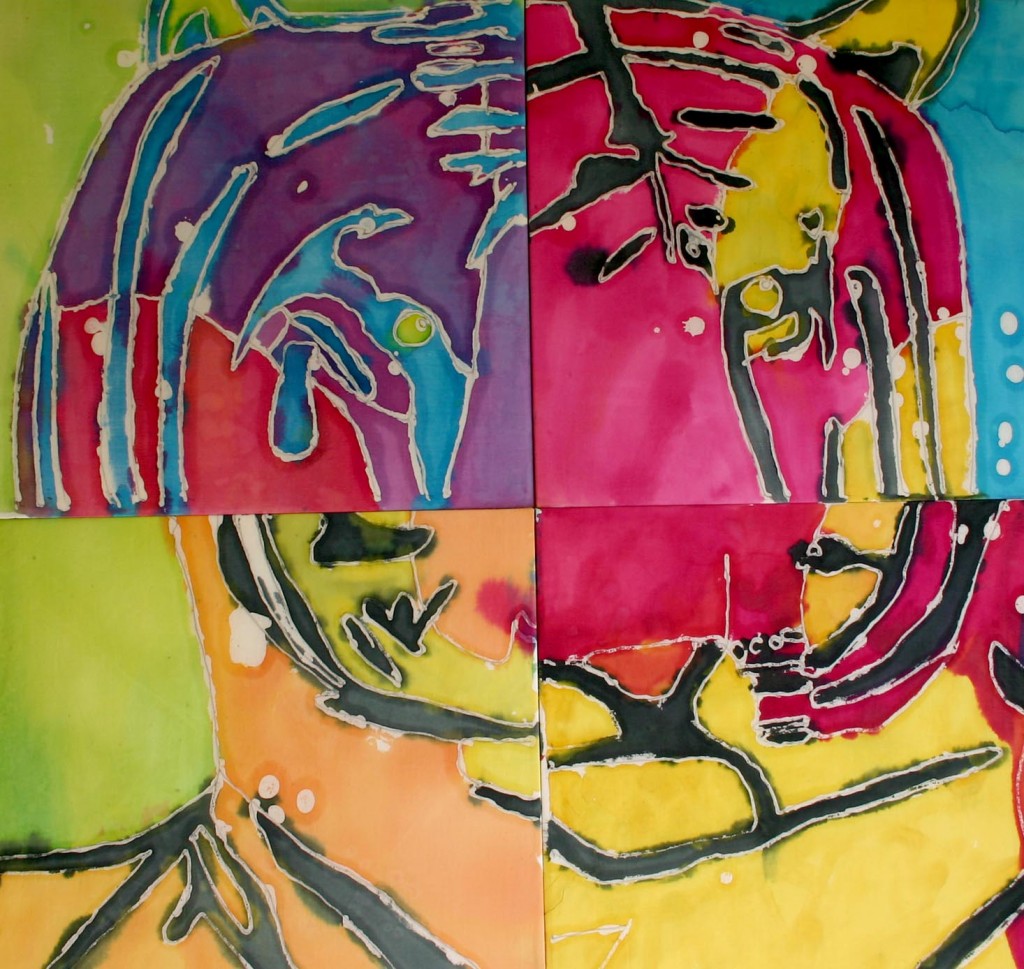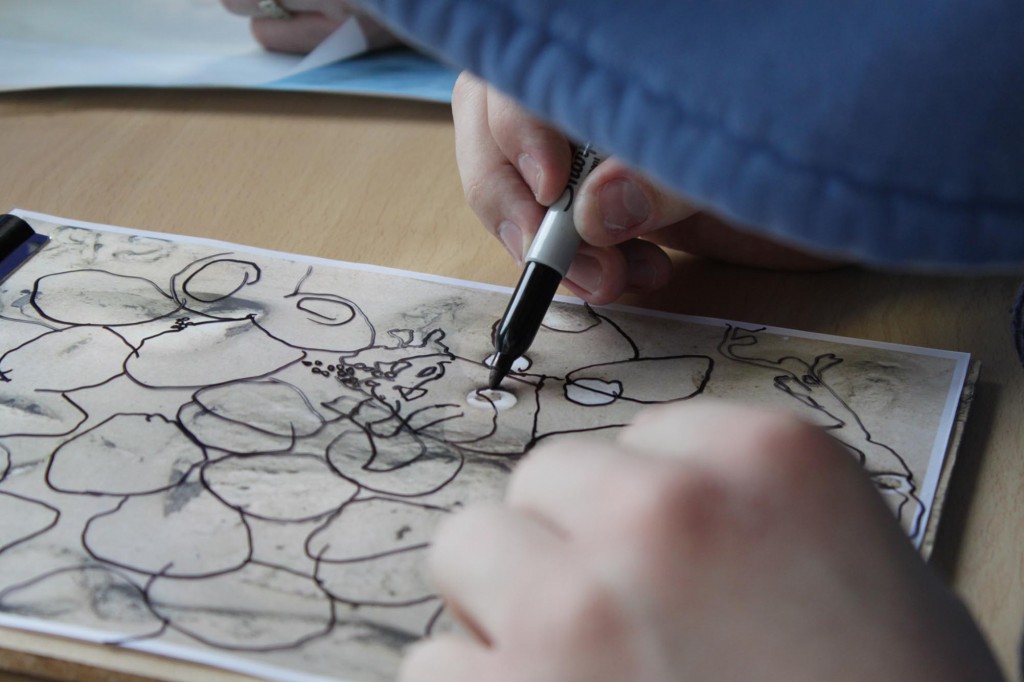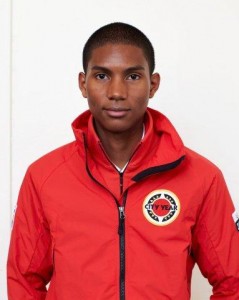Above, young carers talk about their role in a Carers Week film.
Next time you feel fed up with doing the household chores, think about Ryan. At 13, he cooks, cleans, does the laundry and helps both his disabled parents get around the house. His father has Crohn’s disease and his mother is disabled.
Aside from the physical requirements of his role as a young carer, Ryan shoulders a huge amount of emotional stress; life is unpredictable because his parents’ health varies from day to day. Getting ready for school in the morning, for example, is hard because he worries about leaving his parents alone and fears his dad will be in hospital when he gets home. The teenager gets frequent headaches, stomach aches and suffers from irritable bowel syndrome, all of which his GP says is stress-related. It is easy to see how being a young carer can adversely affect education, health and wellbeing and lead to isolation and anxiety.
Ryan, who is lucky enough to be supported by a young carers project run by the charity Action for Children, is one of an estimated 700,000 children and young people who have caring responsibilities. Young carers represent over 10% of the UK’s 6m carers, the group of people highlighted in Carers Week this week.
Action for Children is using Carers Week to demand that the government and councils do not ignore the plight of young carers. The charity has released new figures today which show that, in a survey of 23 Action for Children young carers projects, services supporting 1,192 young carers have had their budgets cut by up to 30%. A further 192 young carers are supported by services that have suffered budget cuts of 40% or more.
As Ryan says, he would be lost without support from his young carers project. “I really rely on that time with my support worker to express my worries. It’s amazing to share my experiences with other young carers who understand what it is like to be me. I love my parents but sometimes I get cross with them because we don’t have a normal life and I can’t do the same things as my friends. I used to feel guilty and bad about those feelings but after talking to other young carers I know that we all have feelings like that sometimes and its okay. The young carers project arranges all sorts of activities for us to help us relax and enjoy our time off from looking after our parents. It’s like having a little holiday away from all the worry.”
Budget cuts to support services for young carers save money now but run the risk of undermining young carers’ futures. As Hugh Thornbery, director of children’s services at Action for Children, says, there is already a huge danger that those who need care start relying on children and young people to support them even more as statutory service provision is decimated. This situation, as the charity stresses, effectively means young carers – many of whom spend up to 50 hours a week looking after a relative – bear the brunt of the country’s deficit and might end up paying for it with their futures.
* To find out more the impact of caring resonsibilities on the young, try also checking out the very good Victoria Cares site, a week-long campaign by children’s charity Spurgeons revealing a week in the life of young carer Victoria.

